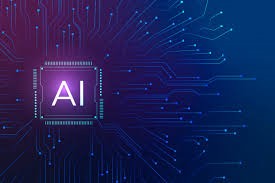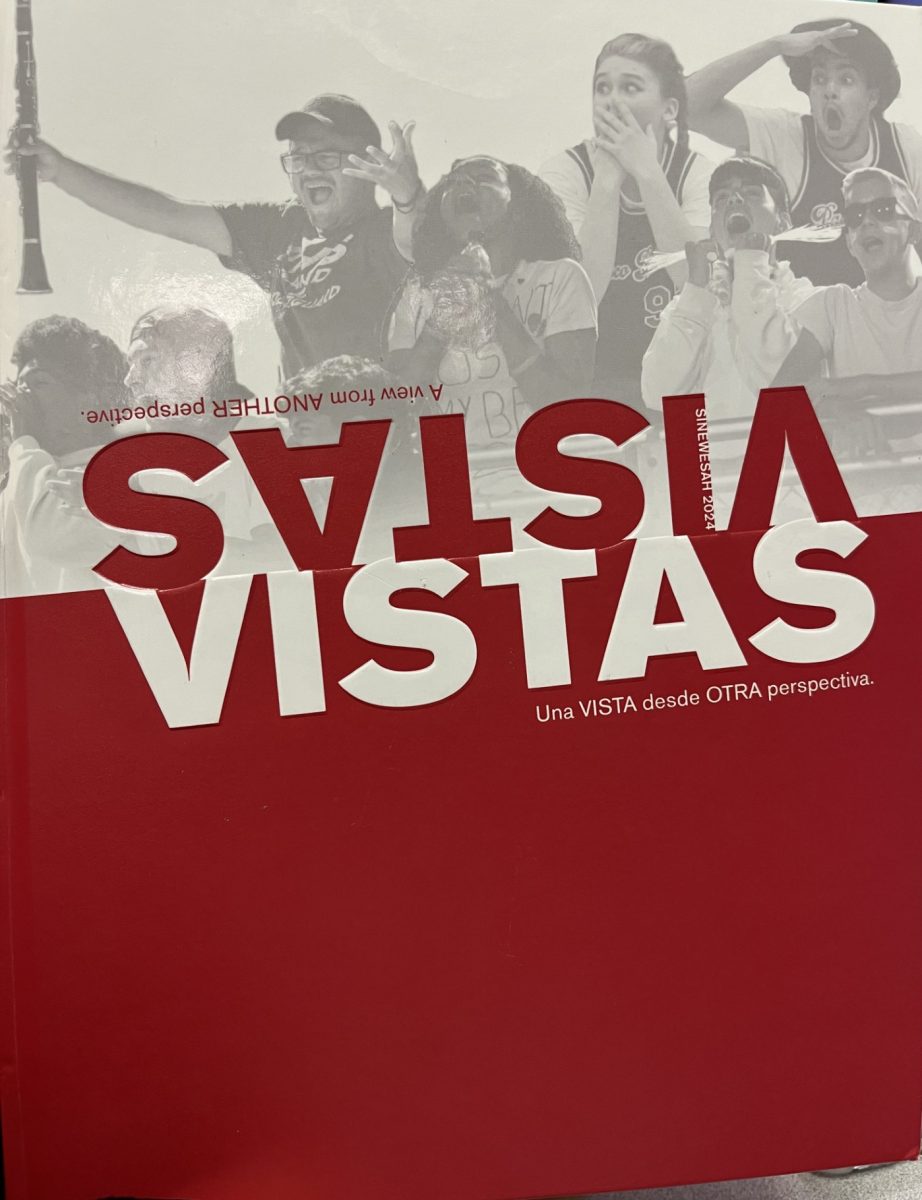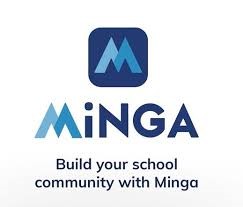Is AI affecting or improving our students’ learning?
It is a concern many teachers and administrators have. Students can use AI to confirm and verify their answers, ask for help with assignments, or aid in their studies. Therefore, students can also ask AI for quick answers instead of help, making it easy for them to cheat. This doesn’t help students fully learn and understand the topic; instead, it affects them over time. When students rely on AI for answers, it can impact their ability to think and properly learn on their own. AI in classrooms overall causes issues like reduced attention spans, distractions, and negative mental health effects.
I interviewed Pasco High Math Teacher Darren Mezger to see if he had ever noticed an impact on his students’ grades and learning in relation to AI. “I have noticed that students do not enjoy socializing as much as we did 30 years ago, and that can present issues when dealing with other people. Some people who are motivated can use AI for productive reasons, and I think we need to be teaching ways to encourage that in our classes,” he replied. I also asked him if he believes AI can truly help students learn. “I do think there is a negative impact on attention spans, which can lead to a negative impact on grades, but it can be used to research knowledge, which can be positive as well, so it really depends on the student,” Mezger said.
I then asked him how he could determine when students were constantly using AI on their work, “Their work in their math doesn’t match what I visually see they can’t do on their own. What I see with my eyes should show me what I know they can do in their work,” which means teachers are easily aware of the use of AI in students’ work. Lastly, I asked Mezger if he ever uses AI himself, “In some ways, when I have a research question, or a question with investments, or searching for a specific product I need, yes, I use it,” he replied.
With this interview, we see that it can be an issue in classrooms. In a news article about students and AI, it says, “Some teachers are using it to plan lessons and to draft letters to parents and student reports. However, teachers also reported concerns that AI could negatively affect students‘ skills while some were worried about plagiarism and inappropriate use of the technology”. Another quote from this article that is similar to what Mezger said is “The big concerns that we have from staff are obviously that they say ‘how do we know that they haven’t submitted this work using AI?, the simple answer to that is we know our students, we know the work that they’re capable of because we see them day in and day out”. The article talks about some ways teachers are using AI in their classrooms.
Things like lesson planning, report writing, generating tasks or texts to meet the needs of all students, simplifying texts to make them more accessible to students, summarizing meeting notes, reports, and planning docs. Staff interviewed in this article said, “We’re excited by the potential of AI but wary of its use,” adding that they generally expressed caution about AI’s potential issues, such as accuracy, bias, and safeguarding risks. This shows that students are not the only ones benefiting from the use of AI. Overall, AI can be a helpful learning tool, and it is up to each student to use it wisely.








